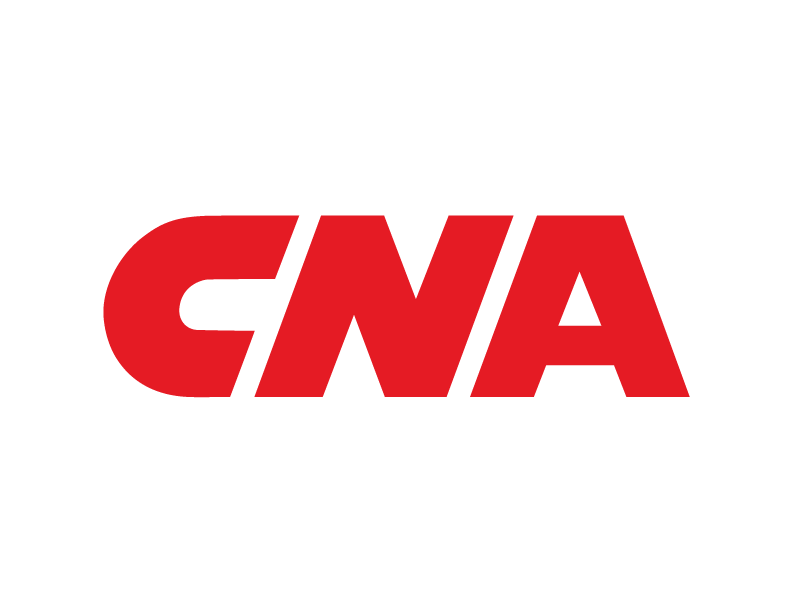SEARCH CNA
Primary tabs
263
results for
'risk control'
Whether your contracting firm is renovating a historical facility in Vancouver, building a warehouse in northeast Alberta, or green retrofitting an office in a Toronto high-rise, your construction site has exposures.
Cyber security is a critical challenge for businesses in any industry and of any size. Even the biggest companies and brands can be victimized by cyberattacks.
Environmental, social and governance (ESG) issues are becoming increasingly important for businesses across all sectors, including insurance. One of the key benefits of ESG is its impact on talent acquisition and retention, which is critical for the insurance industry.
Risk Control Remote Onsite Risk Assessment To maximize flexibility and convenience for policyholders, CNA is among the first carriers to offer a Remote Onsite risk assessment without an in-person…
Biometric identification, the use of unique physical or behavioural characteristics to identify individuals, has been around for decades. With advances in technology, biometric authentication is now part of everyday life.
The opioid crisis in Canada and elsewhere continues to grow with often tragic results. In Canada, one life was lost every two hours related to opioids in 2018. How did we get to this point? What is being done to address this widespread crisis, and how is the insurance industry responding?
In an article published by Insurance Business Canada, CNA’s Markham Sandulak discusses the factors contributing to an increase in wildfires in Canada and the precautions that can be taken by property owners to protect their structures.
As is evident from the extensive recent literature on workplace burn-out, stress and anxiety are chronic and widespread among healthcare professionals (HCPs).
According to a study by CNA Risk Control, failing to take steps to address slip and fall hazards in commercial real estate facilities can lead to costly claims. Learn three ways you can prevent slips and falls through proper floor maintenance and careful vendor selection.
The Bank of Canada reported a consumer price index (CPI) of 6.9% in September, with the cost of commodities forecasted to increase. This, combined with the lingering supply chain crisis, means that everything is increasing in cost and is less readily available, including automobile parts, specialized equipment and building materials.
